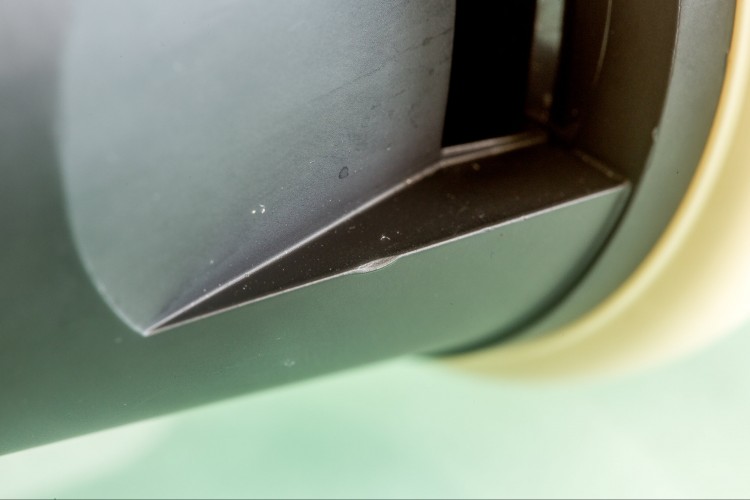
Second in our series of guest articles marking Early Music Month
By Anne Timberlake
Start where you are. Use what you have. Do what you can
— Arthur Ashe
I have this quote taped to the door of my studio. That’s out of character, because inspirational quotes — Dream big! Reach for the stars! — make me itchy. Often they represent endpoints, telling you where to go without telling you how to get there. And an endpoint with no plan is the opposite of good teaching — and good learning.
But Ashe’s quote is different. In three sentences, Ashe assures us that everyone can learn and everyone can grow — every single one of us, without exception — and what’s more, he tells you how to do it.
Each of the quote’s three sentences is worth mulling, but lately it’s that middle one I keep coming back to.
Use what you have
As teachers, we frequently focus on pinpointing weaknesses. We figure our job is to assess what’s going wrong and why, and determine what a student needs to do to fix it. Do you need less tension in your fingers? More knowledge of the uses of different tonguing patterns? Better thumb technique?
This focus on need can be valuable, but it sometimes overwhelms what could, and should, be an equally detailed assessment of strength.
A strengths-based approach to teaching and learning pays multiple dividends.
First, a focus on strengths invites students to nurture areas in which they are already strong, rather than simply shoring up areas in which they are weak. Just because something is an area of strength does not mean it could not be further developed — and turned into an even greater asset.
As a player, I’ve spent many years trying to shore up my musical weaknesses. I worked, and continue to work, on my rhythmic precision, my reading, my harmonic understanding.
This was, and is, valuable work. But I wish it hadn’t taken me as long as it did to focus on improving my shaping, one of my areas of relative strength. Just because I was already strong didn’t mean I didn’t have room to grow.
Second, a focus on strengths allows us to harness what we — and our students — do well to help us learn more efficiently and effectively. Each student’s strengths are individual, as are each student’s weaknesses, and finding a way to apply strength to weakness can be magical.
Here are some examples:
Student A, a professional musician transitioning to the recorder, was struggling with overblowing. Student A had an excellent ear and the ability to adjust his blowing to match pitch. We developed a practice plan involving matching pitch with a tuner to help A accustom himself to the recorder’s optimal airflow.
Student B, a five-year-old girl learning recorder for the first time, was struggling with hand position and did not enjoy having her positioning corrected. B was highly articulate and eager to communicate her knowledge. We spent several weeks having B “be the teacher,” instructing me and her mother in the proper way to hold a recorder, improving her own positioning in the process.
Student C was not a natural improviser, and ornamentation was initially daunting. But C was extremely hardworking and ferociously organized. Together, C and I developed a set of “rules” for ornamentation and outlined a step-by-step process, allowing her to use her strengths in task analysis and process implementation to work toward successfully going off-book.
What strengths do you and your students have? How have you recently accessed your strengths, or helped someone to use what they have?
Find this article and more of Anne Timberlake’s writing on her blog.
Recorder player and teacher Anne Timberlake has appeared across the United States performing repertoire from Bach to 21st-century premieres to Celtic tunes. She is a founding member of the ensemble Wayward Sisters, specializing in music of the early Baroque. In addition to teaching private, group and online recorder lessons, Anne has coached through Indiana University’s Pre-College Recorder Program, the San Francisco Early Music Society, the Amherst Early Music Festival, Virginia Baroque Performance Institute, Mountain Collegium, and for numerous ARS chapters. Anne currently resides in St. Louis, MO.

